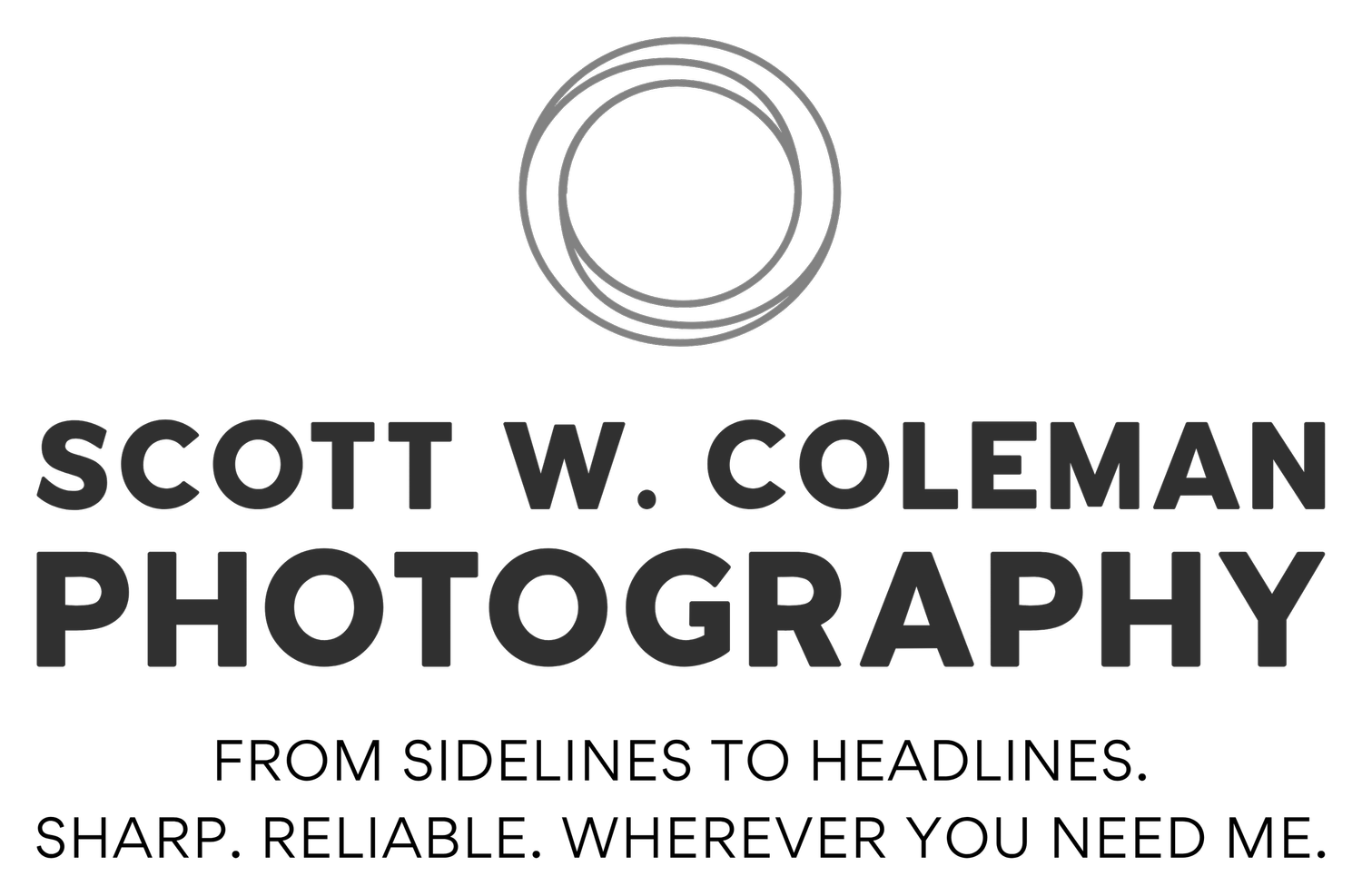Fair Price, Fair Play: Why Photographers Deserve More Than a Press Pass
By Scott W. Coleman
Photographers know the pitch well.
“You’ll get exposure.”
“You’ll have access to amazing concerts.”
“It’ll be great for your portfolio.”
What’s left unsaid is that you’ll do it for free. That your work—your time, talent, gear, vision—will be used to promote someone else’s product, someone else’s show, someone else’s bottom line. And you’ll be thanked with a wristband.
That’s not access. That’s exploitation.
Fairness Has a Definition — And It’s Not Subjective
A 2020 study on what creative professionals consider a “fair price” found four recurring values across language and culture: time, effort, quality, and value. Whether you’re working in French or English, in art or engineering, those four concepts are what people associate with being compensated fairly.
Photographers are no exception. We understand the value of what we bring—even if others pretend not to.
The Hidden Costs of Free Work
Here’s the truth: It costs money to shoot professionally. Cameras aren’t cheap. Lenses aren’t cheap. Insurance, batteries, software, subscriptions, memory cards, and travel? Definitely not cheap.
But more than money, it costs time. Scouting venues. Negotiating access. Editing late at night. Uploading galleries and writing captions. Being responsive, professional, and consistent, even when no one’s paying. That’s the price of doing it right.
So when someone offers “a pass and some great vibes,” they’re not offering an opportunity. They’re offering you a chance to subsidize their operation with your unpaid labor.
Festivals, Media Outlets, and the Illusion of Value
This problem doesn’t start and end with promoters. It runs through the spine of many media outlets — especially those formed around a founder’s personal desire for access.
They build an “outlet” in name only, register a domain, post some reviews, and apply for media credentials to music festivals, concerts, or sporting events. Then they recruit photographers under the premise of giving them experience or exposure. They assign shoots. They publish the work. But they don’t pay.
Let’s be clear: If an outlet is assigning work, they are functioning as a media organization. And if they are functioning as a media organization — selling sponsorships, running ads, partnering with venues — they should be paying contributors. Period.
There is no ethical structure under which a photographer should work for free while someone else makes money.
If Anyone’s Getting Paid, No One Should Work for Free
This isn’t about entitlement. It’s about consistency.
If a media outlet can pay an editor, a writer, a social media manager — it can pay a photographer.
If a festival can pay a stage manager, a security team, a beer vendor — it can pay a photographer.
If a promoter is getting sponsor money or ad impressions from your images — it can pay a photographer.
In every one of these cases, photographers are creating the very content that draws attention to the event. Images are often the first impression a sponsor sees. They are the evidence of success. The proof that people showed up. Images are the memories, photographers the memory-makers.
And yet we’re often treated as accessories to the machine — told we should be thankful to even be allowed near it.
The Portfolio Trap — and Why It’s Dangerous
Young photographers are especially vulnerable to the myth of “portfolio access.” That’s how the cycle perpetuates.
You want to shoot big shows? You’ll need a pass. You want a pass? You’ll need clips. You want clips? Better shoot for someone — anyone — even if they don’t pay. And the second you do, the system reinforces itself.
Worse still, there’s shame involved. Ask to be paid, and you risk being labeled “difficult.” Suggest that someone else deserves to be paid, and suddenly you’re the problem. A complainer. Not grateful enough.
But let’s flip the lens: What if the shame belonged to the outlets that ask people to work for free — not to the people who expect fair compensation?
A Note to Editors, Promoters, and Festival Runners
You need photographers. You need content. You don’t exist without it.
If your business depends on coverage — on recaps, on image galleries, on social buzz — then your business depends on the people creating that content. And people who provide value deserve compensation.
Want to recruit volunteers? Do it for parking attendants or T-shirt tossers. Not for professionals whose work will be used in pitch decks, on social feeds, in recap emails to sponsors and stakeholders.
Photographers aren’t groupies with gear. We’re contributors. Partners. Professionals.
What Fair Looks Like
Here’s a baseline:
If you assign a shoot, pay a fee.
If you publish the work, pay a fee.
If you make money in any way from the event or platform, pay your contributors.
Make rates transparent. Make expectations clear. Don’t hide behind “budget limitations” while pulling in sponsorship dollars.
Don’t pit photographers against each other in a race to the bottom — that’s not a business model, that’s a lack of ethics.
The Industry Doesn’t Improve Until We Decide to Say No
You can’t outbid “free.” But you can choose not to play the game.
When photographers stop saying yes to unpaid work, the system loses its leverage. When media outlets refuse to publish unpaid assignments, the bar goes up. When festivals require actual media credentials and contracts instead of just access lists and emails, the tone shifts.
None of this will change overnight. But it won’t change at all if no one speaks up.
Why This Matters
Because the next generation of visual storytellers is watching.
Because professionalism can’t survive in a space that doesn’t value labor.
Because the only people who benefit from unpaid photography are the ones getting it for free.
Fairness isn’t subjective. It’s not a feeling. It’s a standard. And it’s one we need to defend — with our work, with our words, and, when necessary, with our refusal.

